50MM Rock Wool Panel-Plate thickness 0.326
Reference Price:US$from $8/square meter
Min. Order:1 unitCleanroom
50MM Rock Wool Panel-Plate thickness 0.326
Choose your installation & validation options below
Quantity:
Choose your upgrade options
Quantity:
Summary
50MM Rock Wool Panel-Plate thickness 0.326
Validation
Installation & Validation
Find Similar Products
-

100MM Rock Wool Panel-Plate thickness 0.
US$From $10
Min. Order:1 unit -

100MM Rock Wool Panel-Plate thickness 0.
US$From $10
Min. Order:1 unit -

100MM Rock Wool Panel-Plate thickness 0.
US$From $10
Min. Order:1 unit -

100MM Rock Wool Panel-Plate thickness 0.
US$From $10
Min. Order:1 unit -

50MM Rock Wool Panel-Plate thickness 0.4
US$From $10
Min. Order:1 unit -

50MM Rock Wool Panel-Plate thickness 0.4
US$From $10
Min. Order:1 unit
Detail
The 50MM Cleanroom Rock Wool Panel with a plate thickness of 0.326 is designed to provide excellent insulation, fire resistance, and soundproofing for cleanroom environments. Its high-performance properties make it ideal for maintaining temperature control and minimizing contamination in sensitive industries such as pharmaceuticals, electronics, and biotechnology.

Advantage
Exceptional Insulation: Superior thermal and acoustic insulation properties.
High Fire Resistance: Excellent fire-resistant ratings for enhanced safety.
Durability: Strong construction for long-lasting performance.
Lightweight: Easy to handle and install, minimizing labor costs.
Hygienic Surface: Smooth, non-porous surface for easy cleaning and contamination prevention.
Eco-friendly: Made from sustainable and environmentally friendly materials.
Parameter
| Brand Name | Feixia |
| Product name | Cleanroom Sandwich Panel |
| Core Material | Rock Wool/ Glass Magnesium Rock Wool/ Magnesium Oxysulfate/ Hollow Glass Magnesium / Silica rock/ Paper Honeycomb /Aluminum Honeycomb/ PU /Propor |
| Thickness of Panel | 50/75/100/125/150/200mm |
| Steel Material | Coated Color Steel Sheet/ Stainless Steel / Aluminum Steel / Galvanized Steel |
| Thickness of Steel | 0.3-0.6mm |
| Length | Size on request |
| Width | 1150mm |
Features
Rock Wool Core: Offers high fire resistance and sound insulation.
PU Foam Core: Provides excellent thermal insulation and lightweight properties.
Propor Core: Ensures structural integrity and moisture resistance.
Magnesium Oxysulfate Core: Combines fire resistance with superior mechanical strength.
Hollow Glass Magnesium Core: Lightweight with good thermal and sound insulation.
Glass Magnesium Rock Wool Core: Enhanced fire resistance and acoustic properties.
Aluminum Honeycomb Core: Lightweight and strong, ideal for high-load applications.
Paper Honeycomb Core: Cost-effective with good structural stability and insulation properties.
Applications
Cleanroom Rock Wool Panels are used in various applications such as:
Pharmaceutical manufacturing
Biotechnology labs
Electronics and semiconductor production
Food processing
Aerospace and automotive manufacturing
These panels are valued for their insulation, soundproofing, and fire resistance properties, making them ideal for cleanroom environments.
FAQ
1. What is a cleanroom rock wool panel?
A cleanroom rock wool panel is a high-performance insulation material used in cleanroom construction. Made from rock fibers, it is designed to provide thermal insulation, soundproofing, and fire resistance. These panels are used to create environments with controlled air quality, temperature, and humidity levels, preventing contamination in sensitive industries such as pharmaceuticals, biotechnology, and electronics.
2. How does a cleanroom wall panel work?
Cleanroom wall panels work by providing a sealed, contamination-free environment. Made from materials like rock wool or sandwich panels, they prevent dust, particles, and microorganisms from entering sensitive areas. These panels help maintain stable air pressure and temperature, essential for ensuring that cleanroom standards are met for various applications such as manufacturing, laboratories, and healthcare settings.
3. What are the benefits of cleanroom rock wool panels?
Cleanroom rock wool panels offer several benefits:
Thermal insulation to maintain controlled temperatures
Fire resistance to prevent hazards
Soundproofing to reduce noise in sensitive environments
These benefits make them ideal for use in environments where temperature control, safety, and contamination prevention are critical.
4. How are cleanroom rock wool panels installed?
Cleanroom rock wool panels are typically installed by attaching them to structural frames or existing walls using fasteners or adhesives. The panels are then sealed with specialized joints and gaskets to ensure no gaps, preventing contamination from entering the cleanroom. Installation requires careful attention to detail to maintain the integrity of the cleanroom environment.
5. What is the fire resistance of cleanroom rock wool panels?
Cleanroom rock wool panels are highly fire-resistant, making them suitable for environments where fire safety is a priority. Rock wool itself is naturally non-combustible, and when used in cleanroom panels, it meets stringent fire safety standards, helping to prevent the spread of flames and offering protection in the event of a fire.
6. Are cleanroom wall panels soundproof?
Yes, cleanroom wall panels offer excellent soundproofing capabilities. The materials used in these panels, such as rock wool, absorb sound waves, reducing noise pollution in sensitive environments. This feature is particularly beneficial in manufacturing facilities, laboratories, and hospitals where noise control is crucial for maintaining operational efficiency and a controlled environment.
7. Can cleanroom rock wool panels be used for insulation?
Yes, cleanroom rock wool panels are commonly used for insulation purposes. Their excellent thermal insulating properties help maintain stable temperatures within cleanrooms, preventing heat loss or gain. This contributes to energy efficiency, especially in facilities that require precise temperature control for manufacturing, research, and healthcare applications.
8. How do cleanroom wall panels improve air quality?
Cleanroom wall panels improve air quality by sealing the room from external contaminants and ensuring a continuous flow of filtered air. The panels are designed to minimize particulate matter, dust, and microorganisms from entering the cleanroom. They work in tandem with ventilation and air filtration systems to create a controlled environment with high air cleanliness levels.
9. What industries use cleanroom rock wool panels?
Cleanroom rock wool panels are used in several industries, including:
Pharmaceutical manufacturing
Biotechnology and research labs
Electronics and semiconductor production
Food processing
Aerospace and automotive industries
These industries rely on cleanroom panels to maintain strict contamination control standards and protect sensitive production processes.
10. What materials are used in cleanroom wall panels?
Cleanroom wall panels are typically made from materials such as rock wool, polyurethane, polystyrene, or aluminum. The panels are often laminated with high-quality finishes such as steel, fiberglass, or PVC to enhance their durability and cleanliness. The choice of material depends on the specific needs of the cleanroom, including insulation, fire resistance, and moisture control.
11. How do cleanroom panels prevent contamination?
Cleanroom panels prevent contamination by providing a smooth, sealed surface that minimizes the entry of dust, particles, and microorganisms. The materials used in the panels are designed to be easy to clean and maintain, and they help control the airflow within the room. Additionally, they are integrated with specialized filtration systems to ensure the continuous removal of airborne particles.
12. Are cleanroom rock wool panels suitable for pharmaceutical facilities?
Yes, cleanroom rock wool panels are highly suitable for pharmaceutical facilities. They help maintain the sterile conditions required in drug manufacturing by providing thermal insulation, soundproofing, and fire resistance. These panels are also designed to prevent contamination, ensuring that sensitive pharmaceutical processes remain free from dust, particles, and microorganisms.
13. What are the maintenance requirements for cleanroom wall panels?
Maintaining cleanroom wall panels requires regular inspection and cleaning. The panels should be wiped down periodically to remove dust and dirt buildup, and any cracks or damage should be repaired promptly. Regular checks ensure that the panels continue to meet the required cleanliness and safety standards.
14. How durable are cleanroom rock wool panels?
Cleanroom rock wool panels are highly durable and long-lasting. The materials used in these panels are resistant to wear and tear, ensuring that they maintain their insulating properties and structural integrity over time. With proper maintenance, cleanroom rock wool panels can last for many years in demanding environments.
15. What are the standard sizes of cleanroom wall panels?
The standard sizes of cleanroom wall panels can vary, but they typically range from 4 feet by 8 feet to 4 feet by 10 feet. Custom sizes can also be manufactured to fit specific cleanroom dimensions. The thickness of the panels can also vary depending on the level of insulation and fire resistance required.
16. Can cleanroom wall panels be customized?
Yes, cleanroom wall panels can be customized to meet specific requirements. Manufacturers offer a range of options for thickness, material composition, and finishes. Customization ensures that the panels fit perfectly into the design of the cleanroom and meet the specific needs of the industry, whether it's pharmaceutical, semiconductor, or food processing.
17. How do cleanroom rock wool panels meet ISO standards?
Cleanroom rock wool panels meet ISO standards by adhering to strict cleanliness, temperature control, and air quality requirements. The panels are tested to ensure they minimize particle emission, provide effective insulation, and are resistant to fire and moisture. Compliance with ISO standards ensures that the cleanroom maintains the necessary environment for sensitive processes and operations.
Factory Production Workshop Video
Factory Photo
Product Packaging And International Logistics
Product International Certification

Find Other Common Equipment Recommendations
-

Modular CleanRoom
US$9000-10000 USD/Unit
Min. Order:1 unit -

Air Shower
US$1000.00-5000.00 USD/Unit
Min. Order:1 unit -

Downflow Booth
US$3000-6000 USD/Unit
Min. Order:1 unit -

Clean bench
US$600-2000 USD/Unit
Min. Order:1 unit -

Air Filter
US$3-50 USD/Unit
Min. Order:1 unit -

Cleanroom Wall Panels
US$10-20 USD/sq.
Min. Order:1 unit -
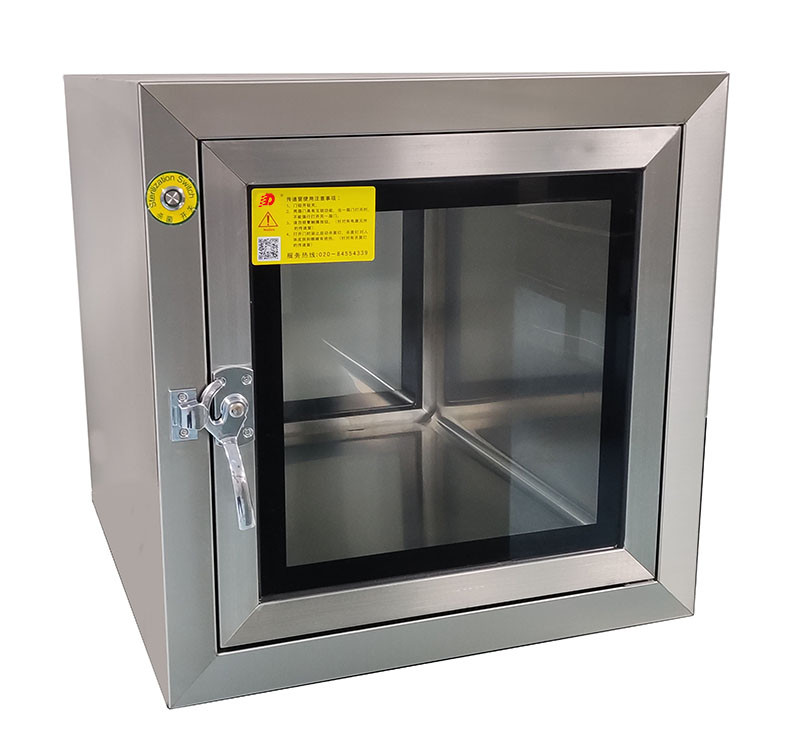
Pass Box
US$200-500 USD/Unit
Min. Order:1 unit -
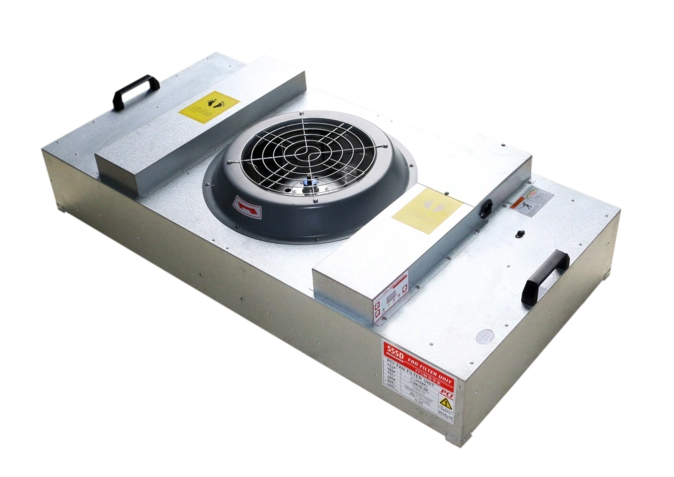
FFU
US$135-350 USD/Unit
Min. Order:1 unit -
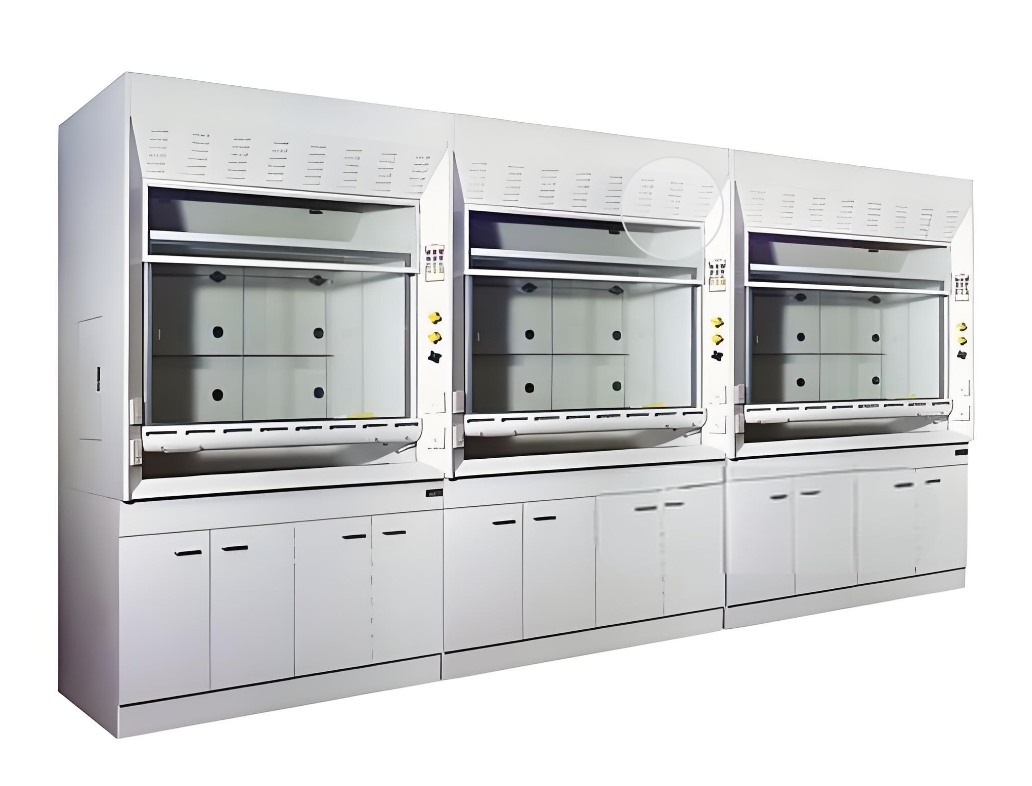
Fume Hood
US$700-1500 USD/Unit
Min. Order:1 unit -
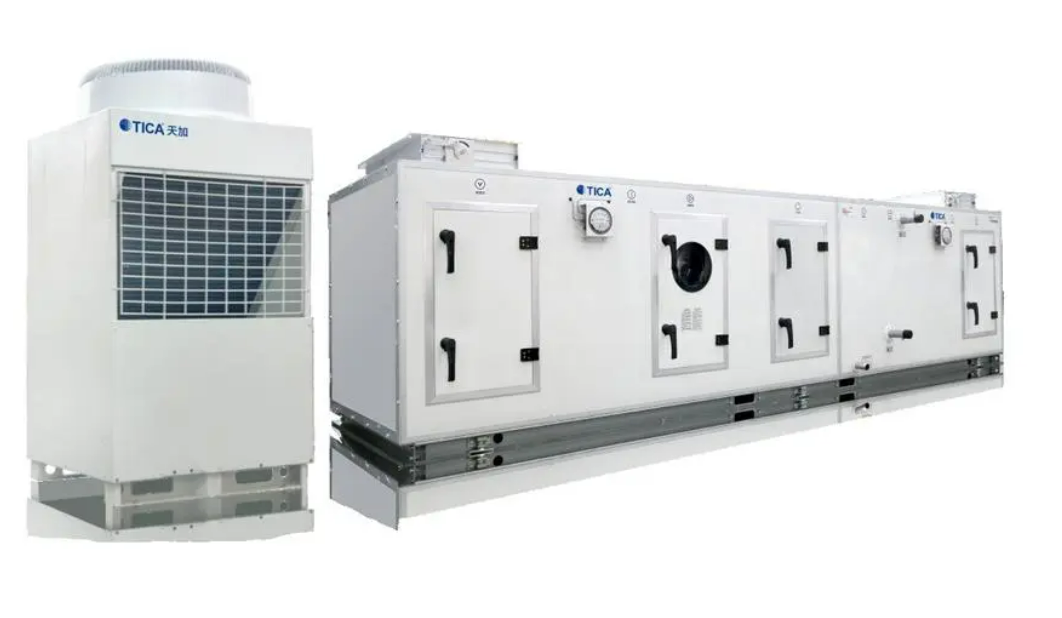
Cleanroom HVAC
US$5000-20000 USD/Unit
Min. Order:1 unit -
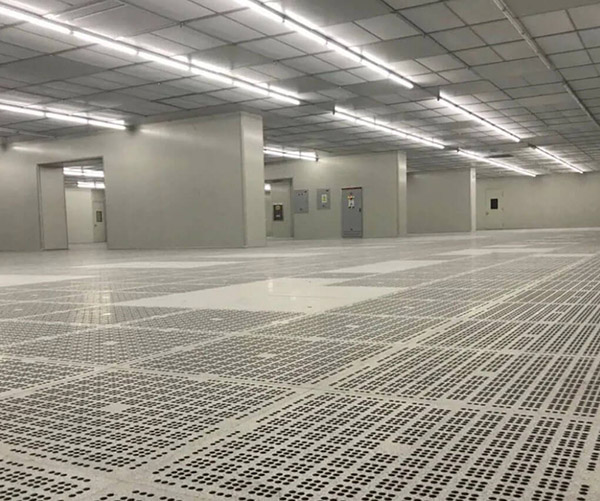
Clean room floor
US$5-20 USD/Sq.
Min. Order:1 unit -
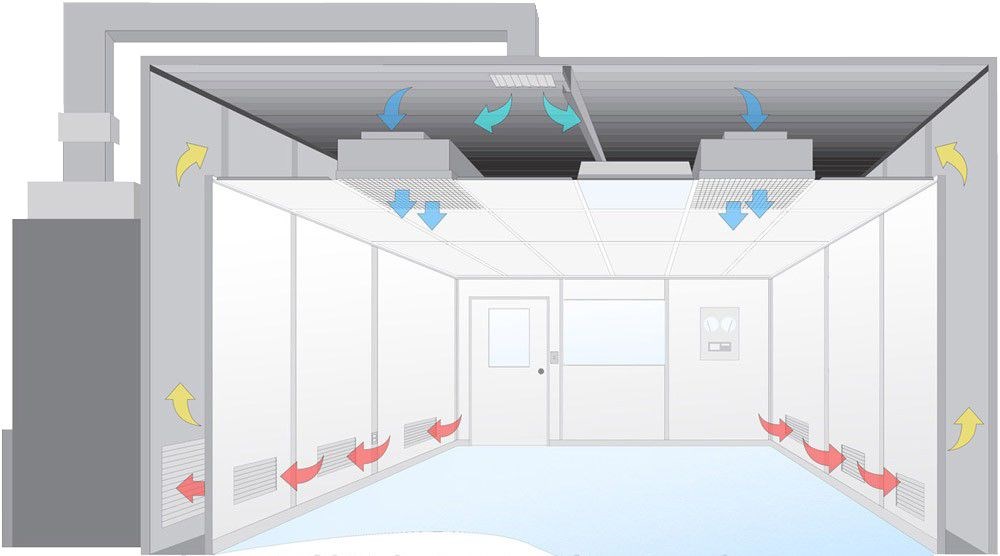
Clean room ceiling
US$
Min. Order:1 unit
 +86 18186671616
+86 18186671616 Jason@cleanroomequips.com
Jason@cleanroomequips.com
 MENU
MENU













